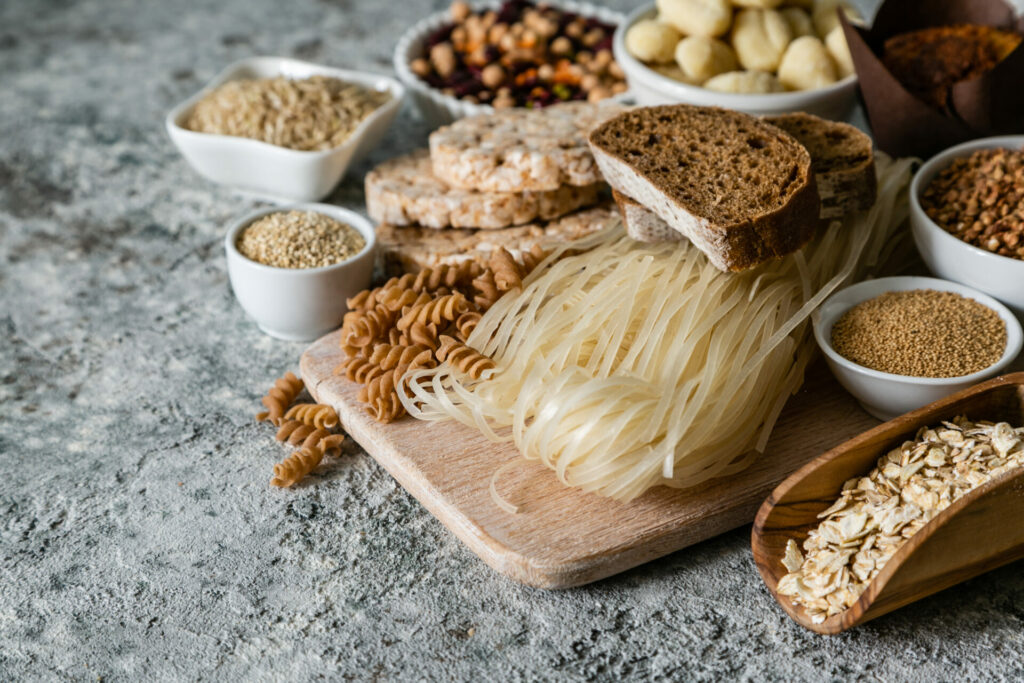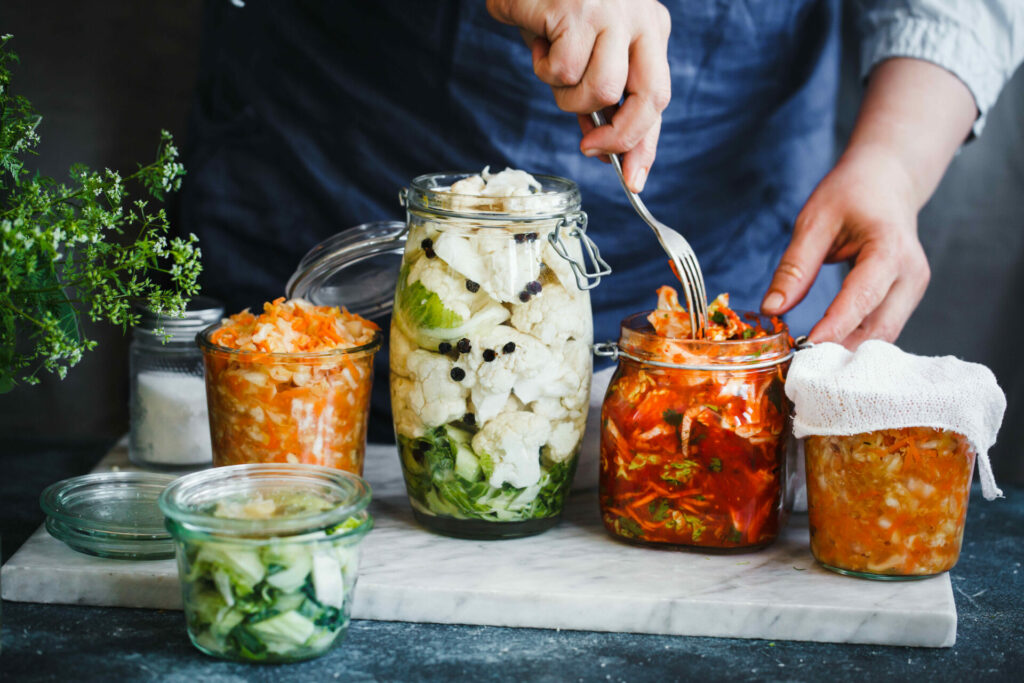Your gut is largely the foundation of everything in your body – it controls mood and mental health issues, chronic fatigue and autoimmune diseases. Research over the years has linked the importance of a well-functioning gut with your overall health and quality of life.
The gut aids in the digestion of foods, absorbs nutrients, and uses it to fuel and maintain your body. So, if your gut is imbalanced, your immune system won’t be working properly, making it a challenge to stay healthy.
According to Tia Maher, a UAE based certified Holistic Health Coach who specialises in gut health, 90 per cent of diseases stem from a gut imbalance.
“The gut is home to the microbiome,” she explains, “which is a collection of microbes, such as bacteria, fungi, viruses that naturally live on our bodies and inside us. We’re made up of more bacteria and viruses than we are human cells.”
These microbes can turn on and off an inflammatory response in the body, fire up our immune system and control things like our weight, energy, mood, and mental health. This is why, looking after our gut is so crucial for a strong immunity and good overall health.
Here are Tia’s top tips for keeping your gut in tip top shape:
Cut out Gluten
We all know we should cut out refined sugar and processed foods for general well-being but what about gluten?
Examples of gluten include wheat, barley, and rye. It’s most commonly found in popular foods such as bread, pasta, and cereal. People who are sensitive to gluten will find themselves suffering from bloating, diarrhoea, or cramps.
“Try removing gluten from your diet,” advises Tia. “I know it’s a hard ask but it can cause the gut to produce the toxin zonulin that breaks down the lining of the stomach, causing a lot of inflammation in the body. I’ve had clients who have had arthritis which has disappeared just from going gluten free.”

Trial what works best for your body. If you find symptoms start to ease, then it could be that gluten free is the way forward for your health needs.
One simple thing to do to support your gut is to “increase your intake of fruits, veg, prebiotics & probiotics, as they feed the friendly bacteria in your gut.” Tia says.
What are prebiotics and probiotics? Probiotics are living strains of bacteria that add to the good bacteria in your gut while probiotics – live bacteria that are safe to eat – act as food for the good bacteria.
Good prebiotic sources include garlic, onions, hindbeh (dandelion greens popular in Lebanese cooking), bananas and blueberries. Probiotic sources include fermented foods such as kombucha, kimchi, kefir and sauerkraut.
Discard Dairy and Feast on Fermented!
For a food that is consumed by so many, it may come as a surprise to you that 75 per cent of adults are unable to digest dairy. Lactose Intolerance, whereby people lack the lactase enzyme needed to break down lactose in the body, presents itself as bloating, cramps, nausea or vomiting after consuming dairy products.
“Dairy can feed an overgrowth of bacteria in the gut,” explains Tia. “What feeds the good bacteria and kills the bad bacteria is really important for good gut health.”

“In a nutshell,” she adds, “good gut health happens when you have a balance between the good and bad bacteria in your digestive system.”
She advises us to consume fermented milk products like kefir or to add fermented foods such as kimchi, kombucha and sauerkraut to our diets. “They are a natural source of probiotics” she says, “and eating them regularly can replenish good bacteria in your gut.”
For those of you who just can’t part ways with your daily dairy dose there are plenty of lactose free products available on supermarket shelves.
Manage stress
Low stress levels are widely accepted to be linked to better health and you guessed it, that’s linked back to our gut. Gut bacteria produce about 95 per cent of our serotonin – considered a natural mood stabiliser and low levels can cause irritability, anxiety, depression, and anger.
So how do we increase those levels? Some research has found that probiotics may help boost mood and cognitive function, and lower stress and anxiety but more research is still needed.
When we’re stressed, our body loses its ability to digest food as the nervous system goes into fight or flight mode. It’s getting ready to run away from a threat which includes eating on the run or when distracted
But it isn’t just consumption that can help to reduce anxiety. “Stress management can help reduce inflammation in the gut and the whole body,” advises Tia.
“When we’re stressed, our body loses its ability to digest food as the nervous system goes into fight or flight mode. It doesn’t prioritise digestion because it’s getting ready to run away from a ‘threat.’ That includes eating on the run or when distracted.
“This is why eating in a calm environment is so crucial for gut health,” explains Tia. “If you slow down when eating you will likely see a reduction in bloating, gas, and acid reflux.”
She advises us to practise some mindfulness before meals. Next time you sit down to eat a meal, try sitting up straight and taking four deep breaths from your belly to help your body relax and prepare itself for digestion.
Exercise The Right Way
The trick to exercising for good gut health is finding the right type of exercise. High-intensity workouts are tough on your gut and could end up hurting your microbiome instead of helping it. The reason for this links back to stress, the nervous system and the impact of fight or flight. Yes, we will get a boost after a big HIIT workout, but at what cost?
The more we can nourish our body, without smashing it at the gym, the better.
“If you have gut issues, the last thing you want to do is intense exercise,” explains Tia. “This will only increase your stress response. Instead practice mindful movement that balances calms down your nervous system like walking, pilates or yoga.”
For more info on this topic or to reach Tia directly to discuss your gut issues visit Tiamaher.com










